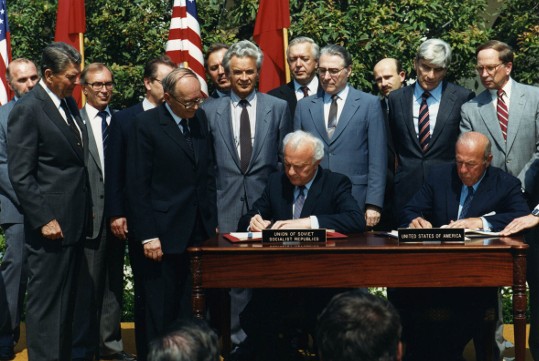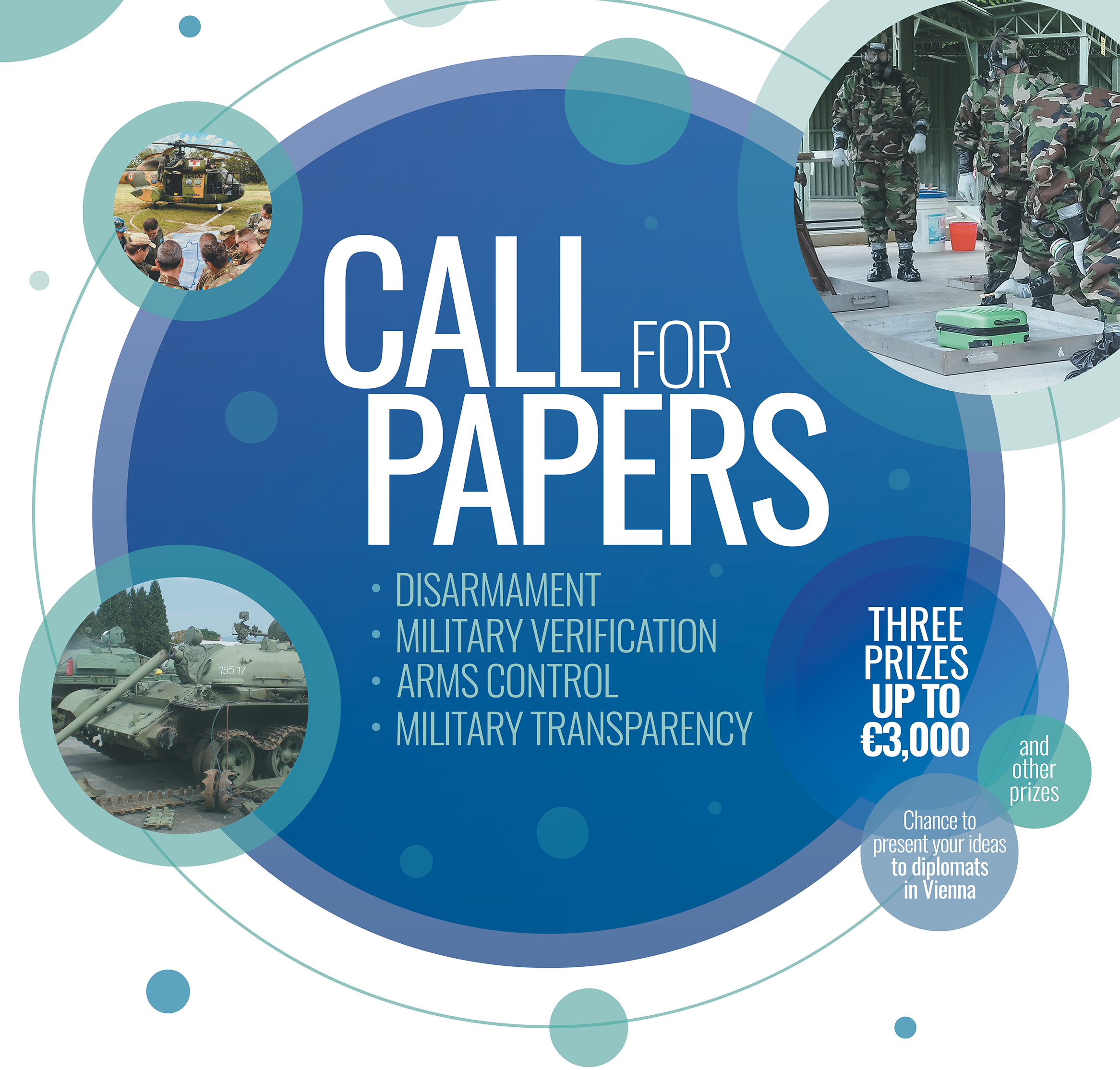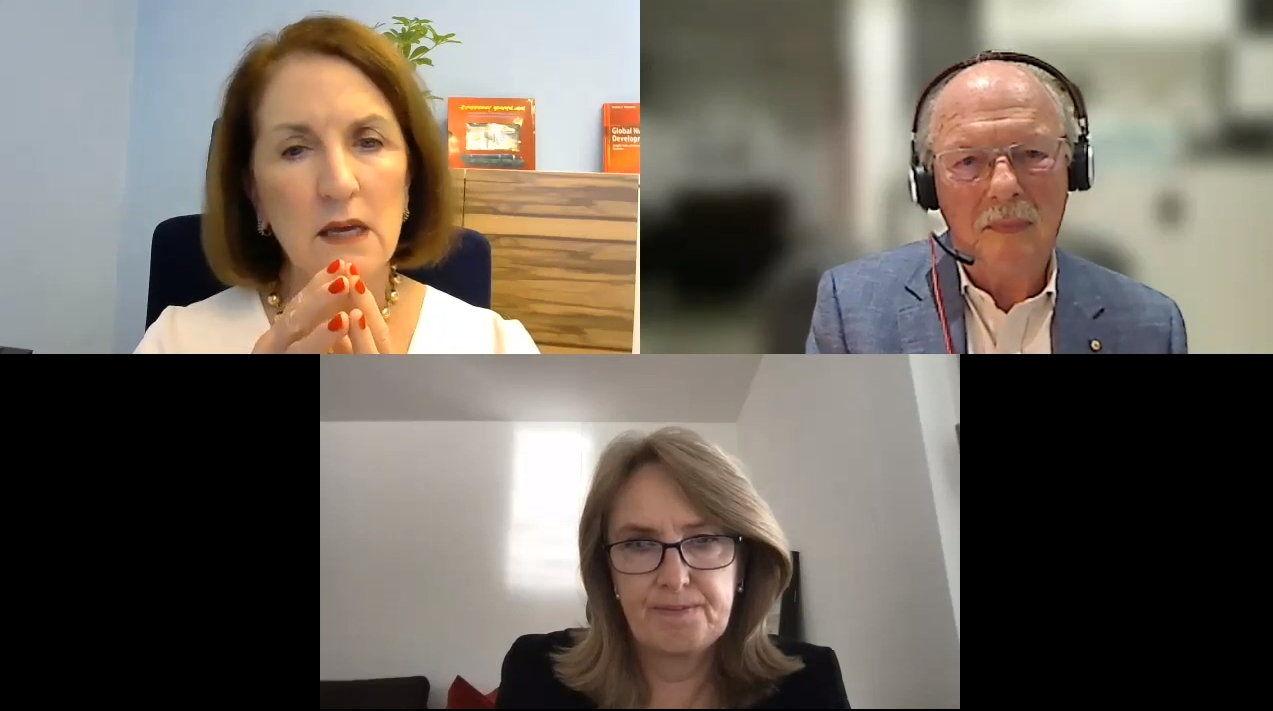

VCDNP Senior Fellow Dr. Nikolai Sokov, together with Sahil Shah (Senior Policy Advisor, Institute for Security and Technology), David Santoro (President and Chief Executive Officer, Pacific Forum), and Miles Pomper (Senior Fellow, Center for Nonproliferation Studies) published a report with analysis of existing risk reduction and confidence building mechanisms and practical recommendations for further development of this system to better address new and emerging international security challenges. Support for the study was provided by the Swiss Federal Department of Foreign Affairs and German Federal Foreign Office.
The authors conclude that the complex and reasonably comprehensive system of risk reduction measures, which was created during the Cold War, is in crisis. While bilateral US-Russian mechanisms continue to operate and new bilateral channels have been created with other nuclear weapon states, these are not used to their full capacity. In contrast, the risk reduction and confidence building arrangements in Europe have deteriorated at an unprecedentedly high pace and are almost non-existent. Moreover, legacy mechanisms, even if restored to their original state, are no longer capable of addressing new risks and threats of the present security environment.
The report offers practical recommendations for further development of risk reduction and confidence building measures to better address new and emerging challenges. Among other recommendations, they strongly advocate for the creation of a risk reduction network in the place of bilateral channels to connect all key decision-making centers with agreed standardized communication and security protocols. They also believe that members of such a network need to build a “risk reduction culture” – a stable pattern of cooperative communication to enhance transparency, address concerns, and prevent crises.

